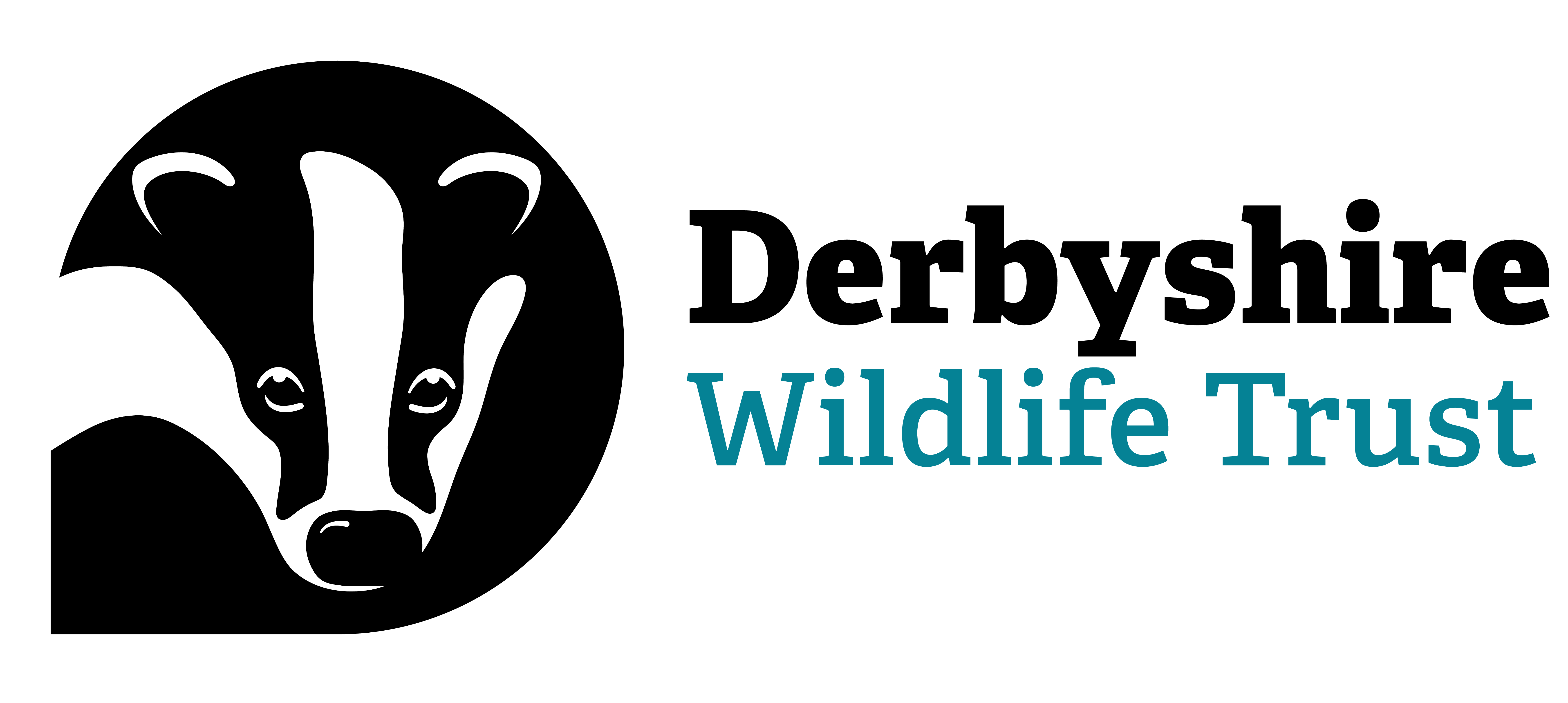Only 16% of England’s rivers are classified as being in “good” ecological status by the Environment Agency, and none meet chemical standards Yet in all likelihood, even those dismal figures are an overestimate. The Environment Agency’s monitoring budget has been slashed over the last decade and its practice has not kept up with scientific developments, meaning that the official figures don’t truly reflect the scale of the problem.
Derbyshire is no exception; Top of the Poops ranked the River Derwent as the fifth most polluted across England and Wales in 2021. Residents from Tideswell to Belper say that pollution incidents on their local rivers regularly occur, and these are stories we are determined to tell. Recently the Government attempted to remove protections for some of Derbyshire’s most precious rivers, the Wye and the Mease, and whilst they were unsuccessful this time, it’s the latest twist in a much longer story.
For centuries, we’ve treated nature as an ever-present resource available for exploitation. Viewing nature as something to be controlled and exploited has turbocharged industrialisation but driven nature to the brink. Existing regulatory approaches to environmental protection aren’t working because pollution and habitat degradation continue to accelerate. What we need is a new approach that respects the inherent value of the natural world and gives it a stronger voice in society.
The Rights of Nature concept has been gathering momentum across the world as a way to reframe our relationship with the natural world. It’s based on indigenous traditions that views nature as a living entity with rights independent of humanity. Granting legal rights for nature moves the conventional relationship between humanity and nature away one from dominance/extraction and towards mutual respect. Not only would legal rights help recognise the inherent value of nature, but it they could also create better protections for wildlife.
This isn’t the first time that legal rights have been granted to non-human entities, it was previously extended to benefit corporations. Companies have rights independent of individual decision makers within it, and as their economic might has grown so too has their legal power. Now, corporations are legally more powerful than any individual and some world governments. Against these odds, the chances for wildlife appear slim. If companies can have legal rights, then we can and should extend the same rights to nature.
From New Zealand and South America to the Republic of Ireland, governments and councils are starting to recognise the rights of nature in various ways. Earlier this year, Lewes District Council became the first local authority in England to acknowledge the value of legal rights for nature, specifically for the River Ouse. Their intention is to follow the Universal Declaration of River Rights, which recommends that all rivers shall possess, at minimum, the following fundamental rights: (1) the right to flow; (2) the right to perform essential functions within the river’s ecosystem; (3) the right to be free from pollution; (4) the right to feed and be fed by sustainable aquifers; (5) the right to native biodiversity; and (6) the right to regeneration and restoration.
Granting the River Derwent similar rights would complement ongoing restoration projects that Derbyshire Wildlife Trust and our partners are doing on the ground, and help tip the scales back in nature’s favour. It’s a first step to creating a recognised voice for the river that can defend those rights in local decision making forums like planning meetings.
Business as usual isn’t protecting our rivers and a new approach is needed. Declaring rights of the River Derwent would create a new framework to consider our relationship with nature for the benefit of people and wildlife.
